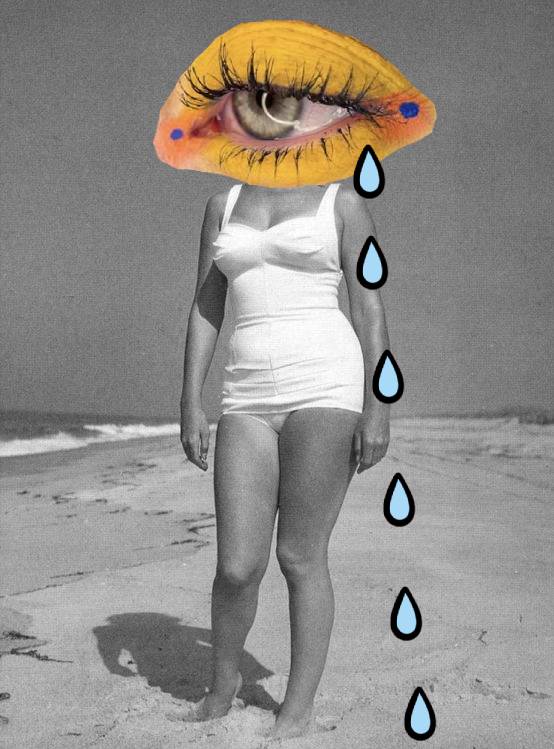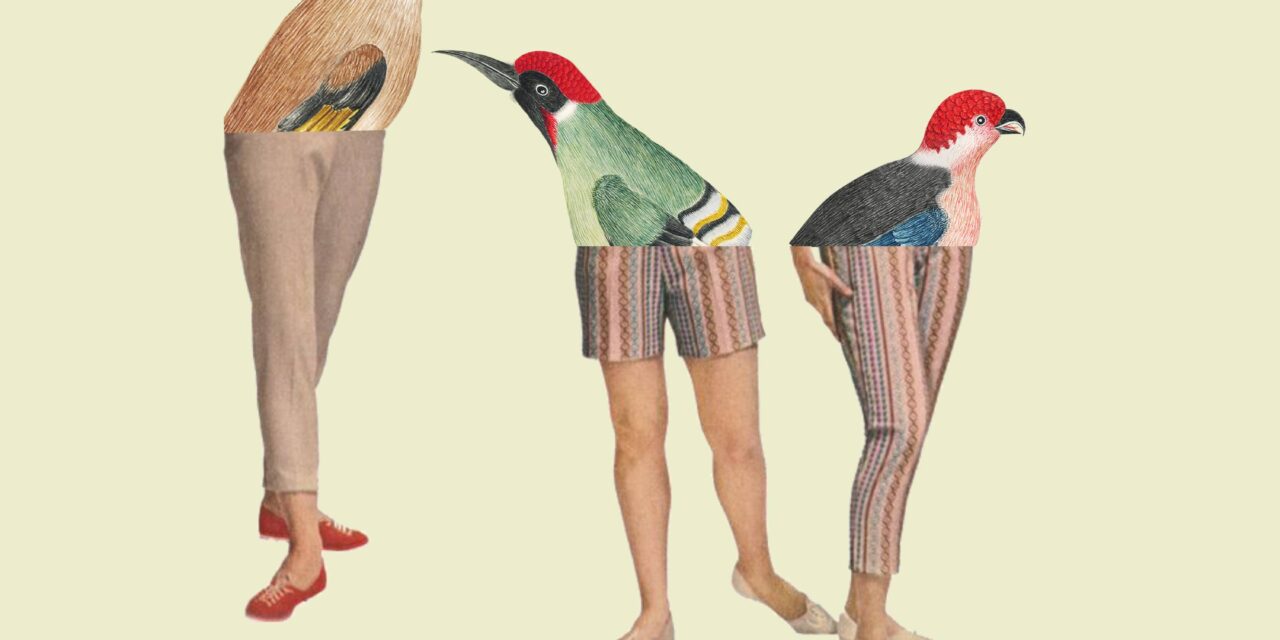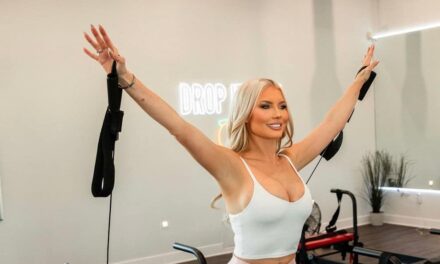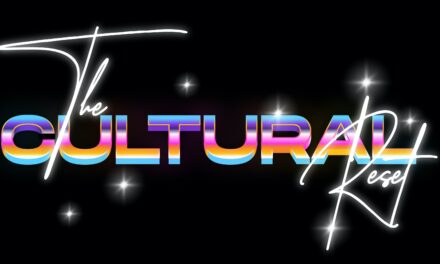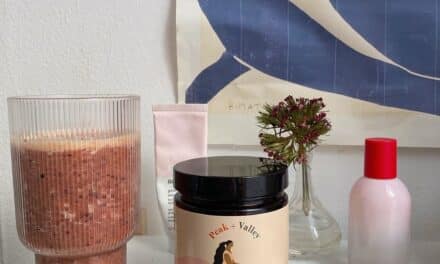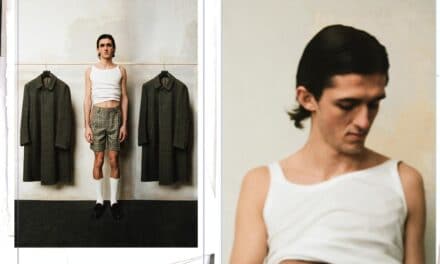Portugese artist and illustrator Maria Melancolia lives in Braga, north of Portugal and has a journalistic background.
“Writing was my passion, telling stories. Art was always a way of expressing myself, I never had the ambition to pursue artistic studies though. Now I tell stories with images!”
Becoming a visual was never “a conscious decision.” She confesses. “It just happened as I began to develop my work. It kind of became a more solid possibility as I started to improve my skills and became more confident with my body of work.
“I don’t even see it as a job. Doing collages is something that makes me happy and it would be great if I could make a living out of it, to have a solid career, to do more exhibitions, to see more of my work published. But I can’t complain. The past two years have been really good.”
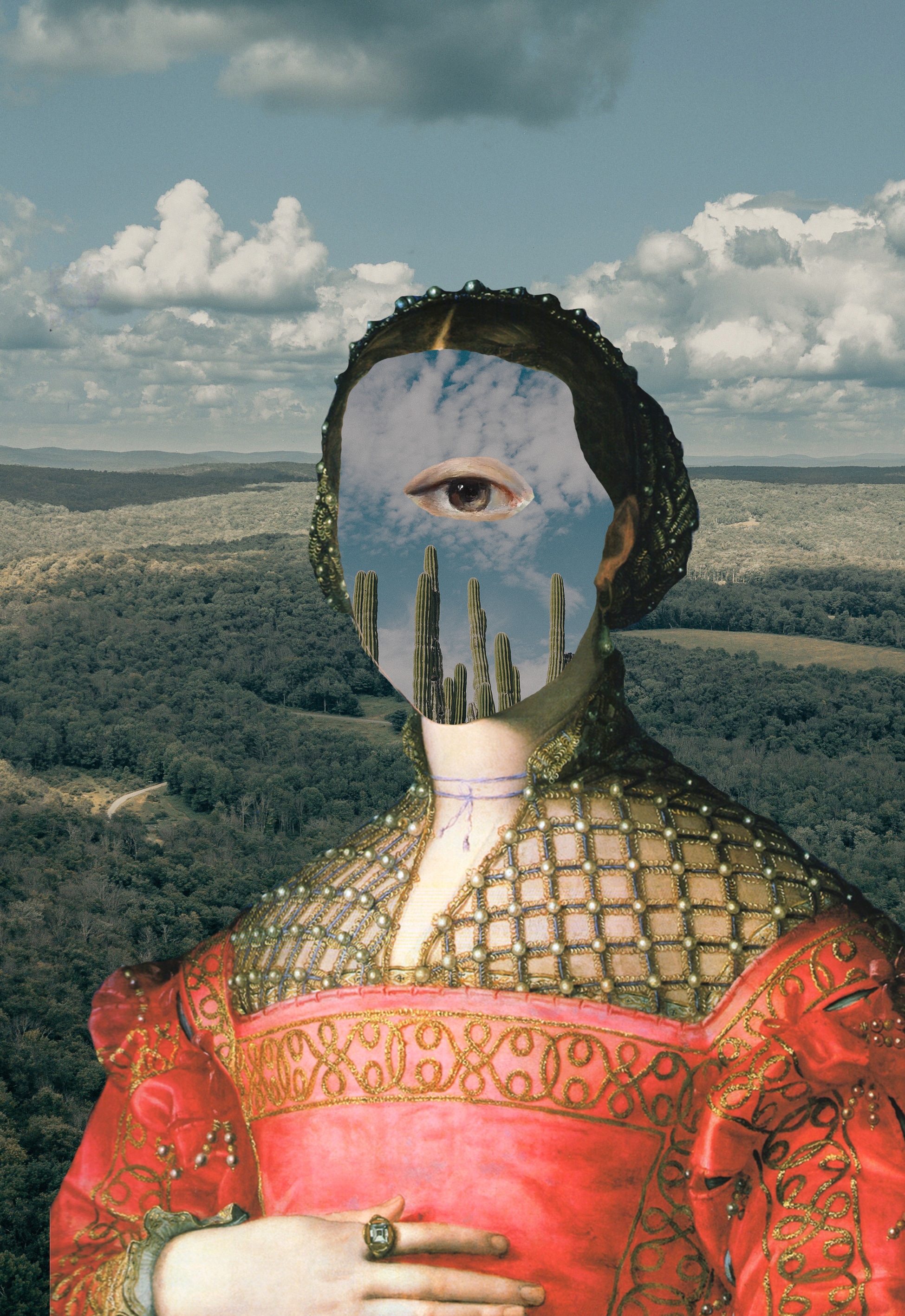
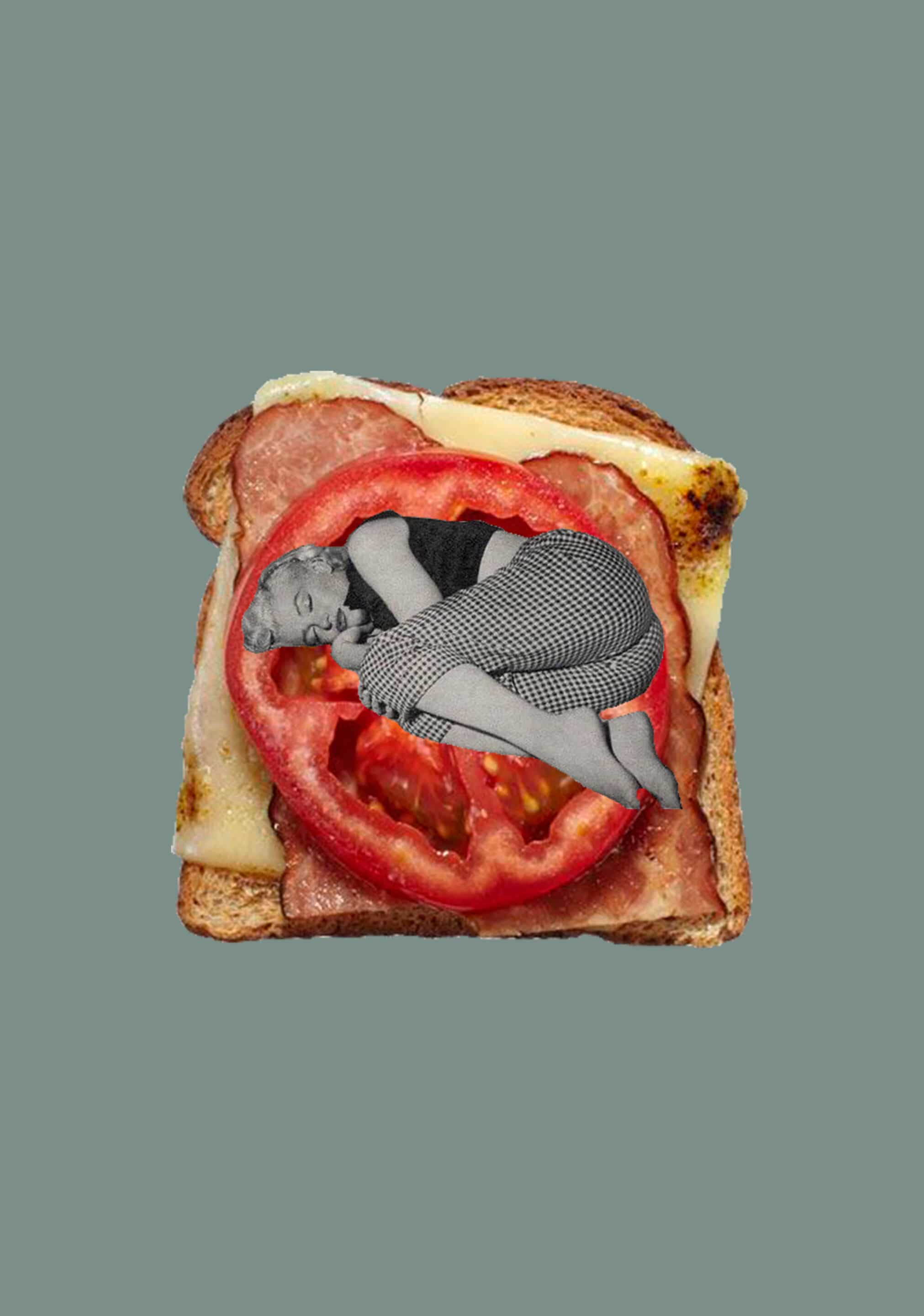
Then how do you make it a career? We asked her.
“I think that from the moment you start doing stuff and put work out there other jobs start coming your way eventually, if you´re good, if you put out great work, people are going to like your ideas and your style.
Sometimes it’s just luck. If the right person looks at your work and likes it then you are halfway there. But it takes time, I had to struggle a lot and be very persistent to create a buzz around myself.”
Maria learned everything by herself, “but I wish I had someone I could look for when I have doubts. There’s a lot I could be doing right now if I had the chance to improve my knowledge in digital, like video. Now I have more ambitions regarding my learning process and there´s super simple stuff you can do if you learn how to do it. Otherwise you get stuck with the same ideas.
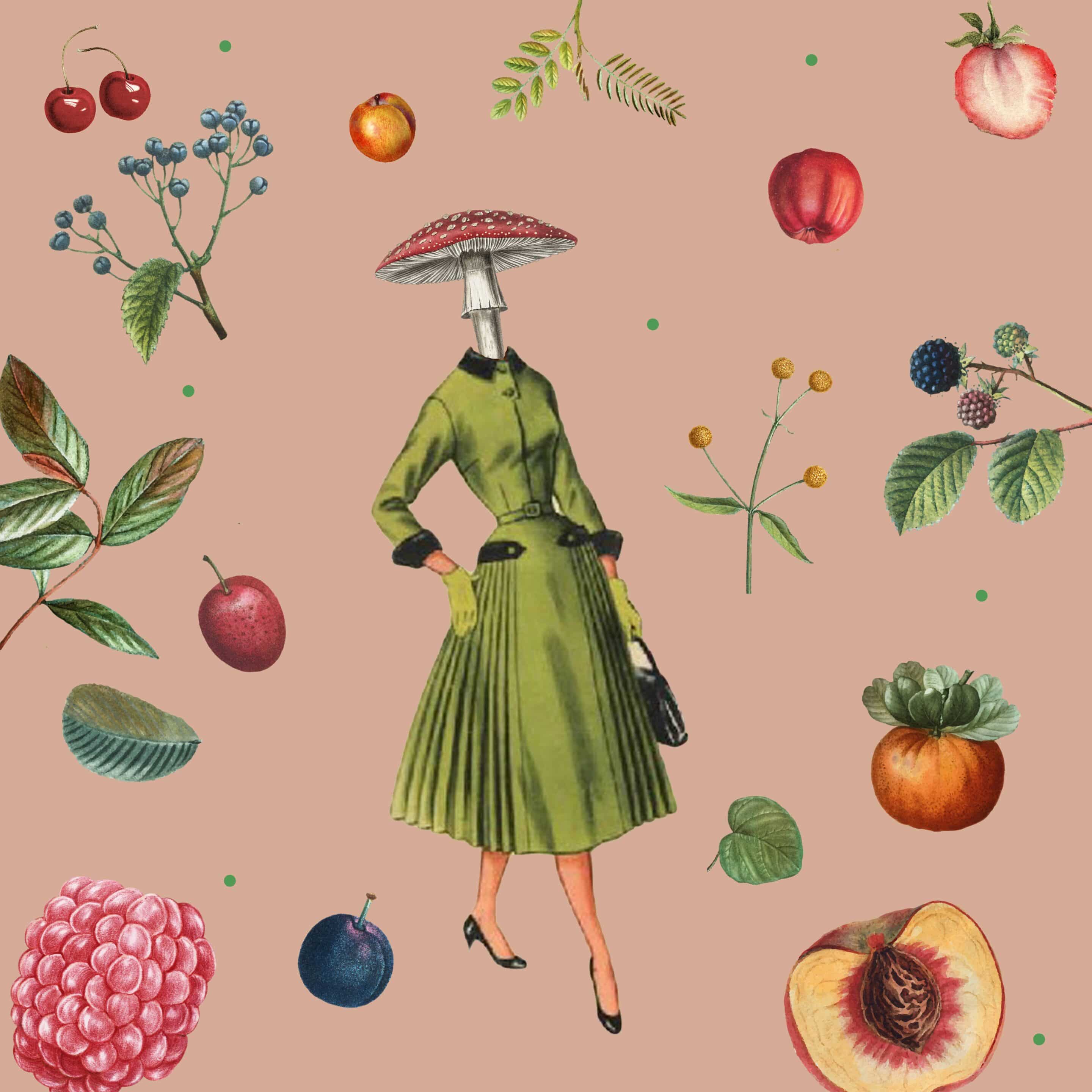
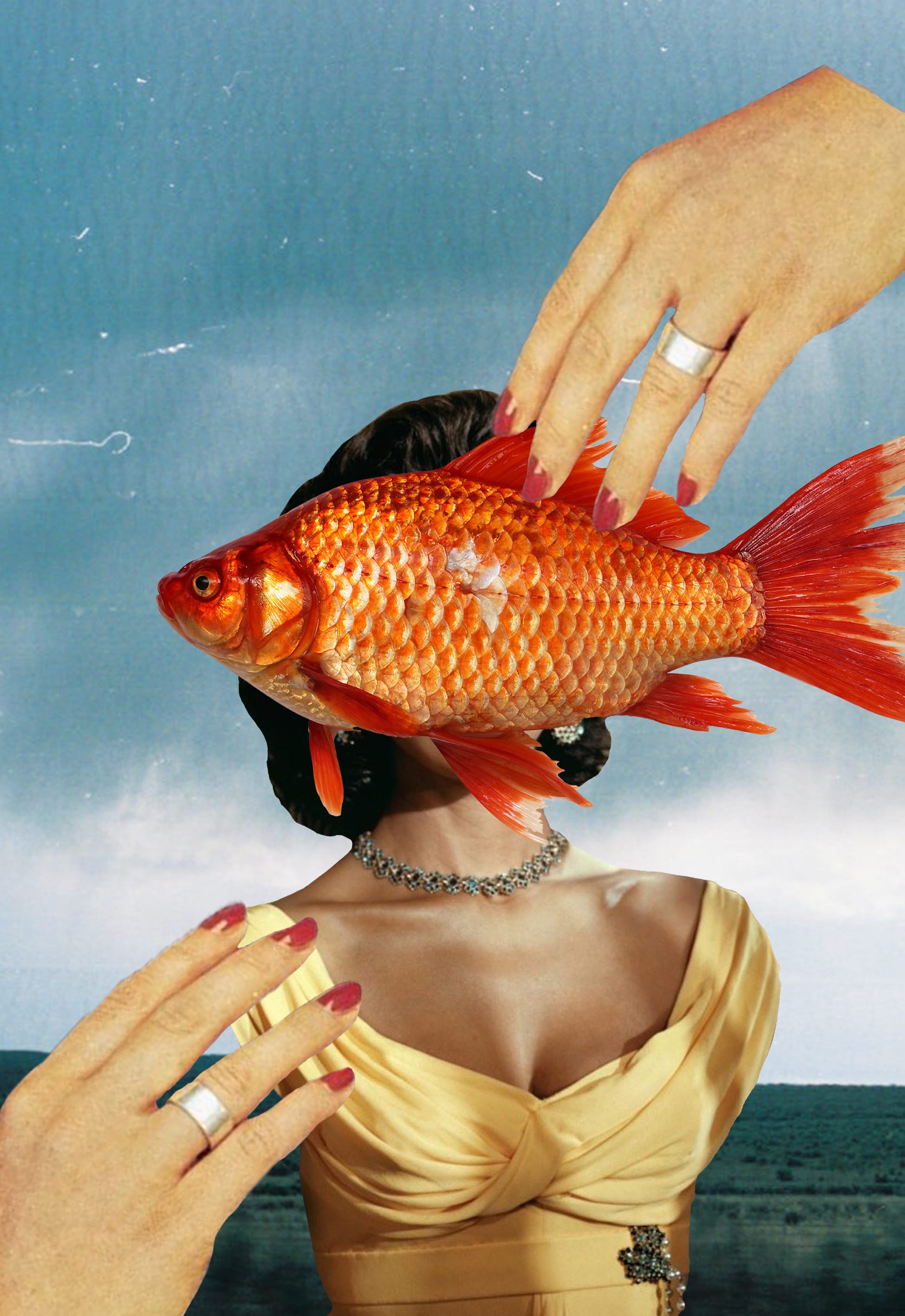
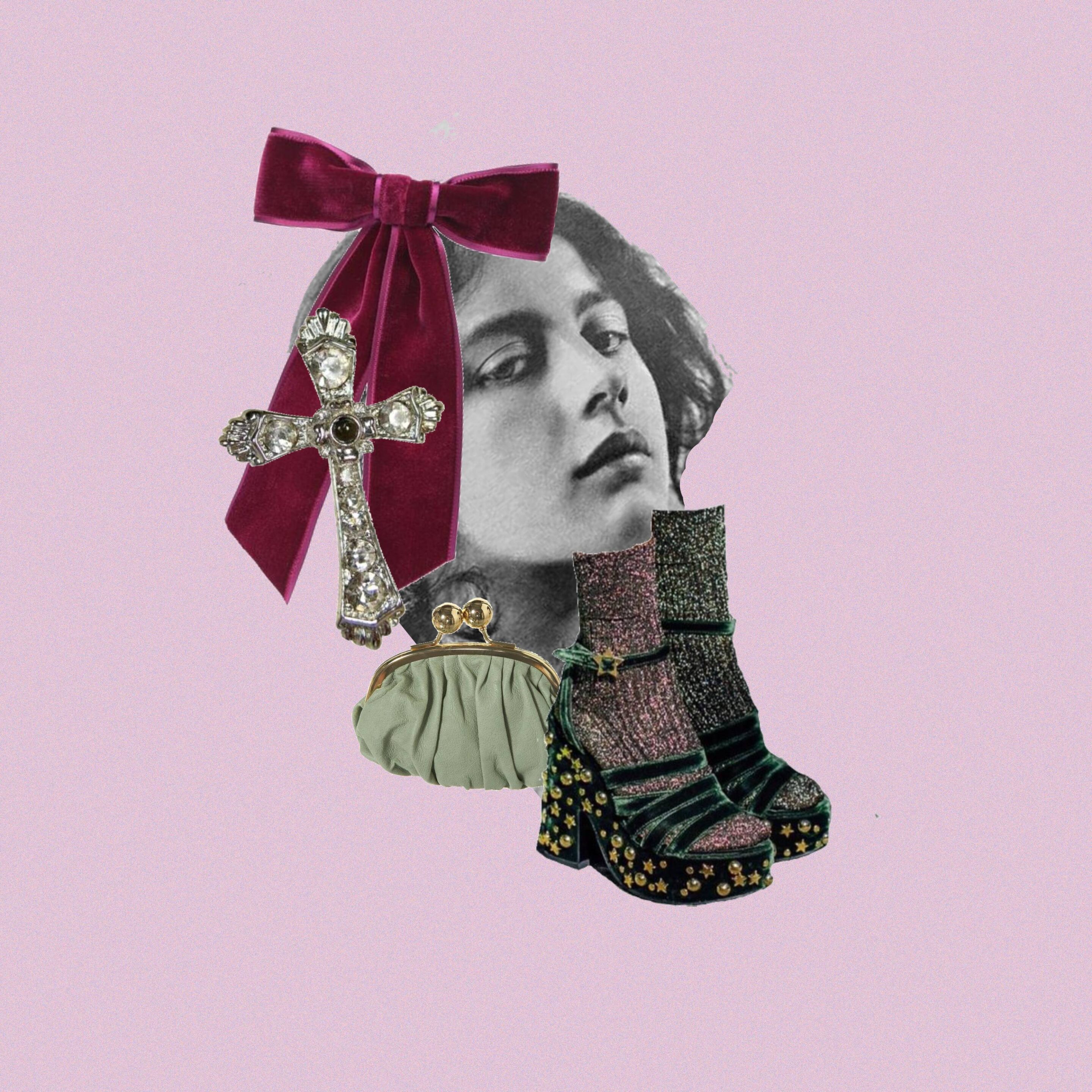
“Everything is a source of inspiration!’ She reveals. “From movies to nature, surrealism, weirdness, beauty! But women are my main object for creativity. They light the fuel. And sad and amorous subjects too.”
When it comes to her assessment of the contemporary entertainment and art scene she is blunt: “The artistic and cultural sector lives in misery, not only in Portugal. And the pandemic accentuated that same deficiency. There’s a lack of support or policies for cultural activities and artists. And people need culture, it’s part of our identity, of who we are. Hopefully things will get better as covi-19 starts to become a memory of the past.
I guess there’s not much artists can do right now but to hope for government intervention and stimulate a healthy debate around it.”
At the end of the day, she declares, “I guess we all have something to convey. I have no agenda, but I have a poetic sense of life. What do you see when you look at my collages? Do they communicate with you? If so, and if it’s a good vibe, then I´m happy.”
